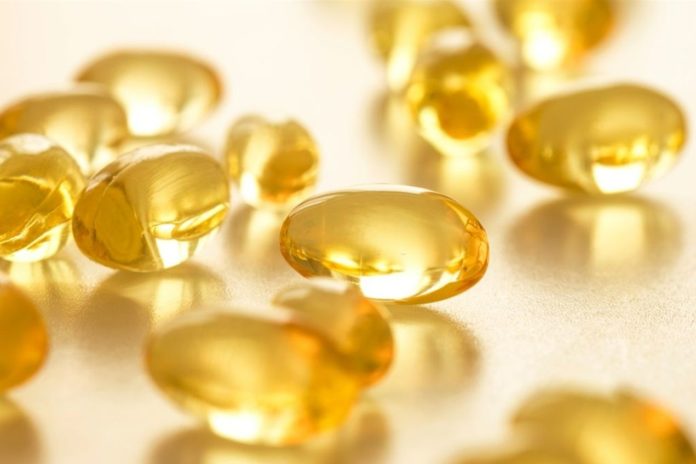The findings, which were recently published in the journal Gastroenterology, may result in recommendations for increased vitamin D intake as a low-cost complement to screening tests as a colorectal cancer prevention strategy for adults younger than 50 years old.
While the overall incidence of colorectal cancer has decreased, cases have increased in younger adults – a concerning trend that has yet to be explained.
The study’s authors noted that vitamin D intake from foods such as fish, mushrooms, eggs, and milk has decreased significantly over the last several decades. There is mounting evidence that vitamin D is associated with an increased risk of colorectal cancer mortality.
Prior to the current study, no research had examined the association between total vitamin D intake and the risk of developing young-onset colorectal cancer.
The study’s findings were obtained by calculating the total vitamin D intake of 94,205 women who participated in the Nurses’ Health Study II (NHS II).
This is a prospective cohort study that began in 1989 with nurses aged 25 to 42 years. Every two years, the women are questioned about demographics, diet and lifestyle factors, as well as medical and other health-related information.
The researchers focused on a primary endpoint — young-onset colorectal cancer, diagnosed before 50 years of age. They also asked on a follow-up questionnaire whether they had had a colonoscopy or sigmoidoscopy where colorectal polyps (which may be precursors to colorectal cancer) were found.
Between 1991 and 2015, the researchers identified 111 cases of colorectal cancer with a young onset and 3,317 colorectal polyps. Increased total vitamin D intake was associated with a significantly lower risk of early-onset colorectal cancer, according to the analysis. The same association was discovered between increased vitamin D intake and an increased risk of colon polyps detected before the age of 50.
The association was stronger for dietary vitamin D, which is derived Dietary vitamin D, primarily from dairy products, was found to have a stronger link than vitamin D supplements. According to the study’s authors, the finding could be due to chance or unknown factors that are still unknown.
Surprisingly, the researchers discovered no link between total vitamin D intake and the risk of colorectal cancer diagnosed after the age of 50. The findings were unable to explain the discrepancy, and the researchers stated that more research with a larger sample size is required to determine whether vitamin D’s protective effect is actually stronger in young-onset colorectal cancer.
In any case, the researchers found that a higher total vitamin D intake is linked to a lower risk of colorectal cancer and its precursors in young people (polyps).
“Our results further support that vitamin D may be important in younger adults for health and possibly colorectal cancer prevention,” said the study author.
“Total vitamin D intake of 300 IU per day or more — roughly equivalent to three 8-oz. glasses of milk — was associated with an approximately 50% lower risk of developing young-onset colorectal cancer.”
“It is critical to understand the risk factors that are associated with young-onset colorectal cancer so that we can make informed recommendations about diet and lifestyle, as well as identify high risk individuals to target for earlier screening.”
